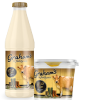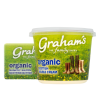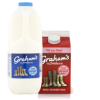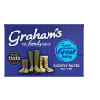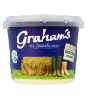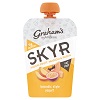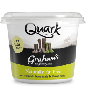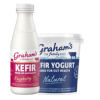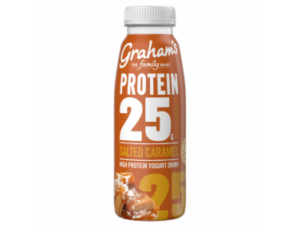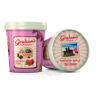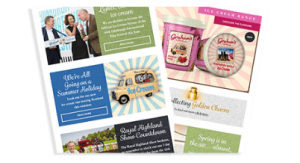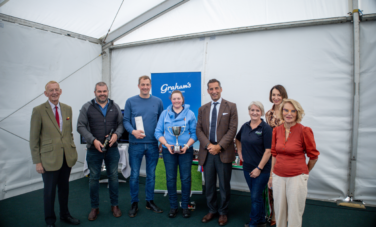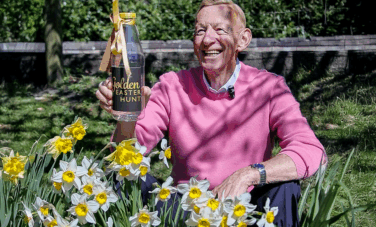
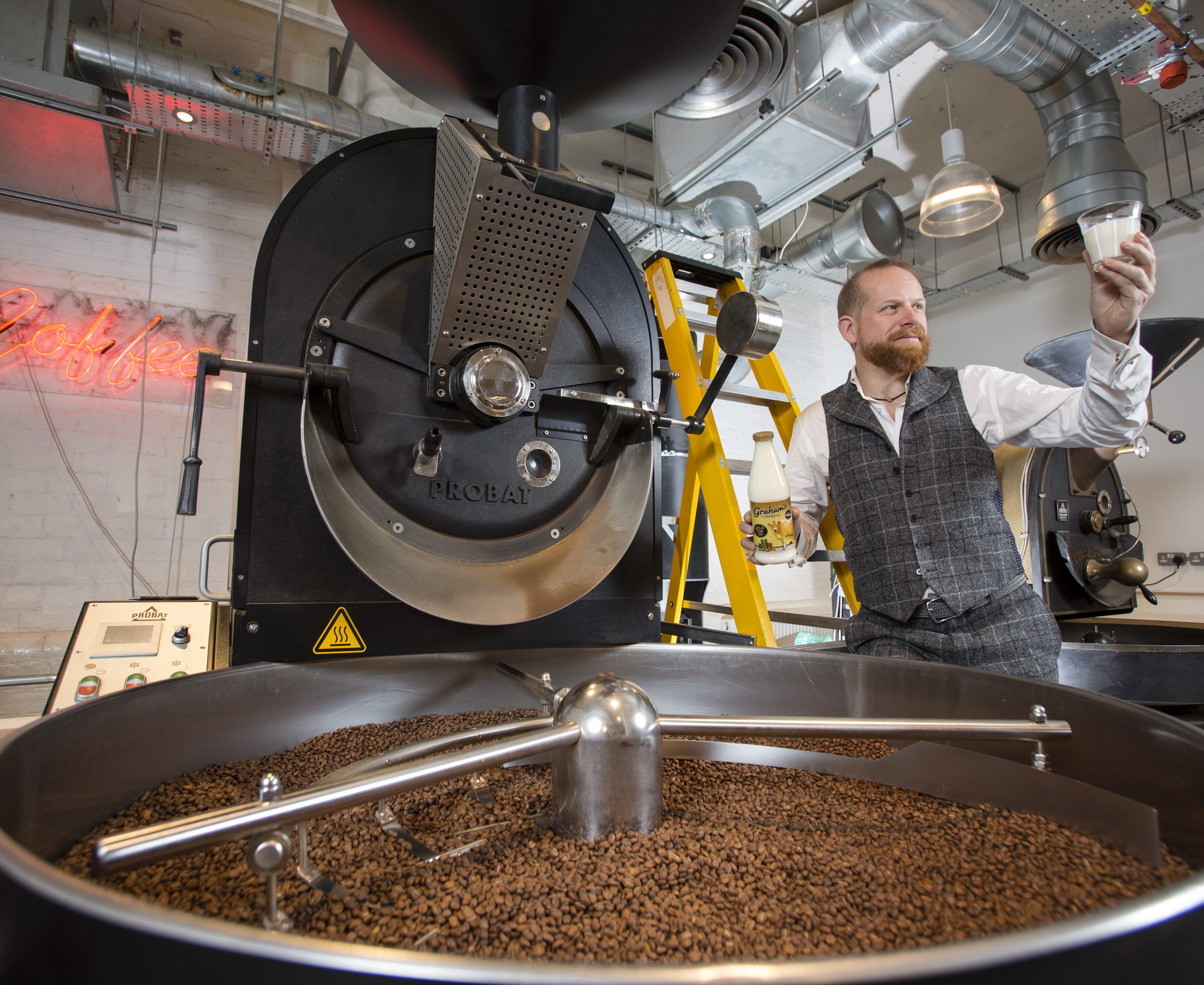
It’s part of most people’s morning (and daytime!) ritual, often providing us with that little extra boost we need to bring us into the land of the living or help us focus on that thing that we REALLY need to do before leaving the office. We’ve known about coffee’s deliciously energising benefits for centuries now – but how did this amazing drink come to be? Well, we’ve been thinking a lot about it recently, so we thought it only right to delve into its rich history.
Eastern origins
It’s thought that it was the Islamic world that first realised and unlocked the potential of the humble coffee bean in or around the 15th century. The earliest credible evidence of people drinking coffee comes from the Sufi Monasteries of Yemen where ‘qahwah’ (which also meant wine rather confusingly) was used to help residents keep their focus during their nighttime prayers.
Coffee and a natter
It wasn’t until the 16th century that the United Kingdom would ‘wake up’ to the idea of coffee. This change was largely in part due to two competing trade companies; the British East India Company and the Dutch East India Company. Not long after, England acquired it’s very own coffee house on London’s St Michael’s Alley, and by the year 1675 there were around 3000 more! At this time they were commonly known as places where people would gather and discuss high-minded matters of politics and religion. Not so much a place to escape the noise with your Kindle and headphones then!
Modern times
Most of us probably associate modern coffee tastes and trends with Italy or America. The former takes credit for bringing us the espresso machine, which of course proved to be an industry game changer. The latter has been where the modern coffee really exploded in terms of popularity. Starbucks are a shining example, having grown and grown since starting as the business project of three Seattle students. The company now has about 16,000 stores in over 40 countries worldwide (and we supply milk to the Scottish ones!).
So next time you order up the usual, or brew up a cafetiere at home, remember that there’s a lot of history in those beans!

